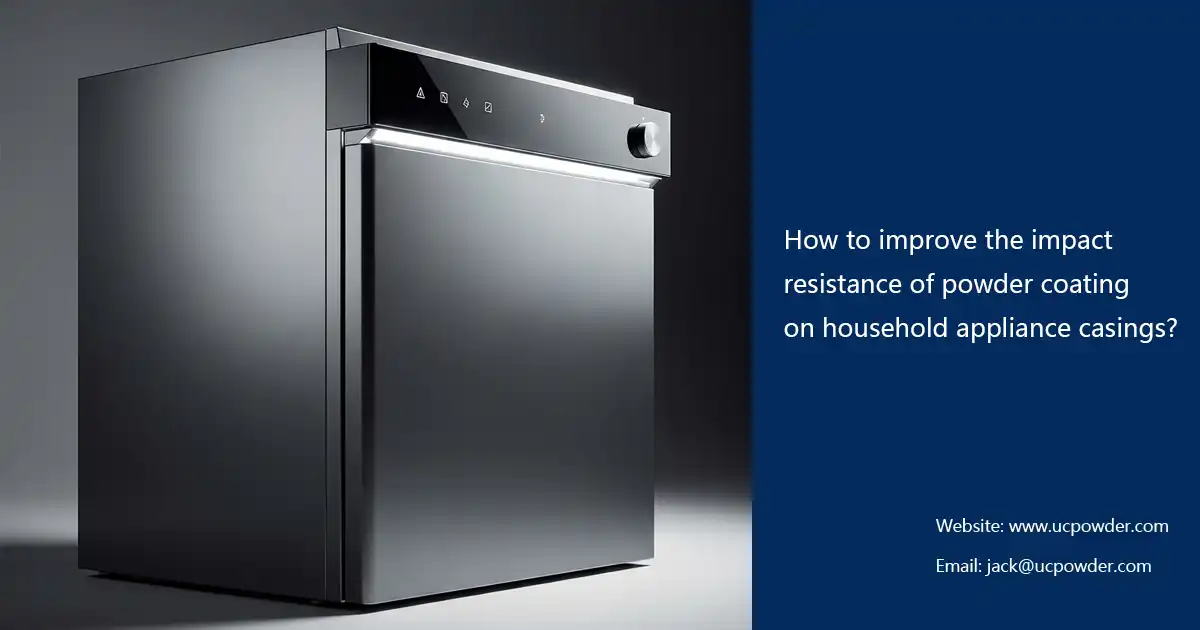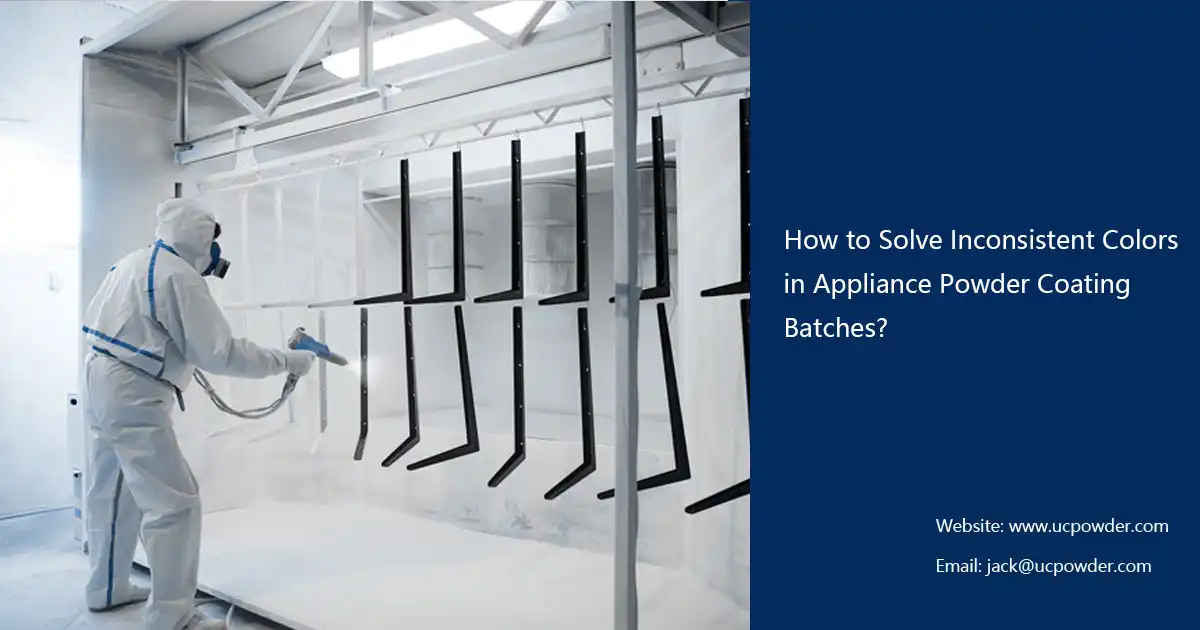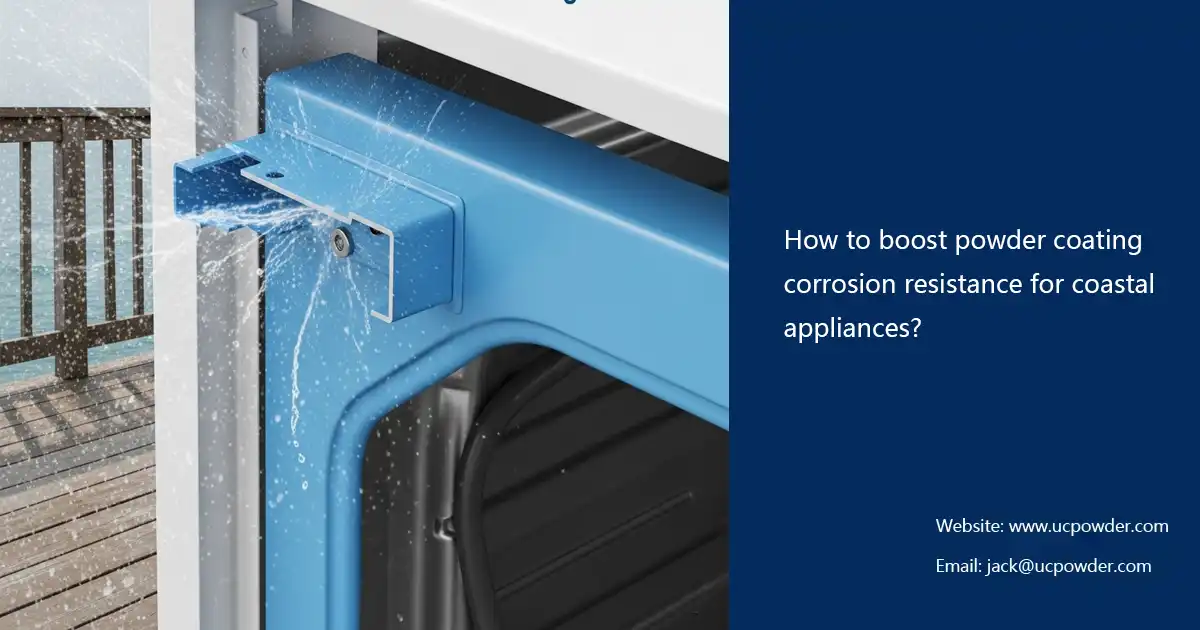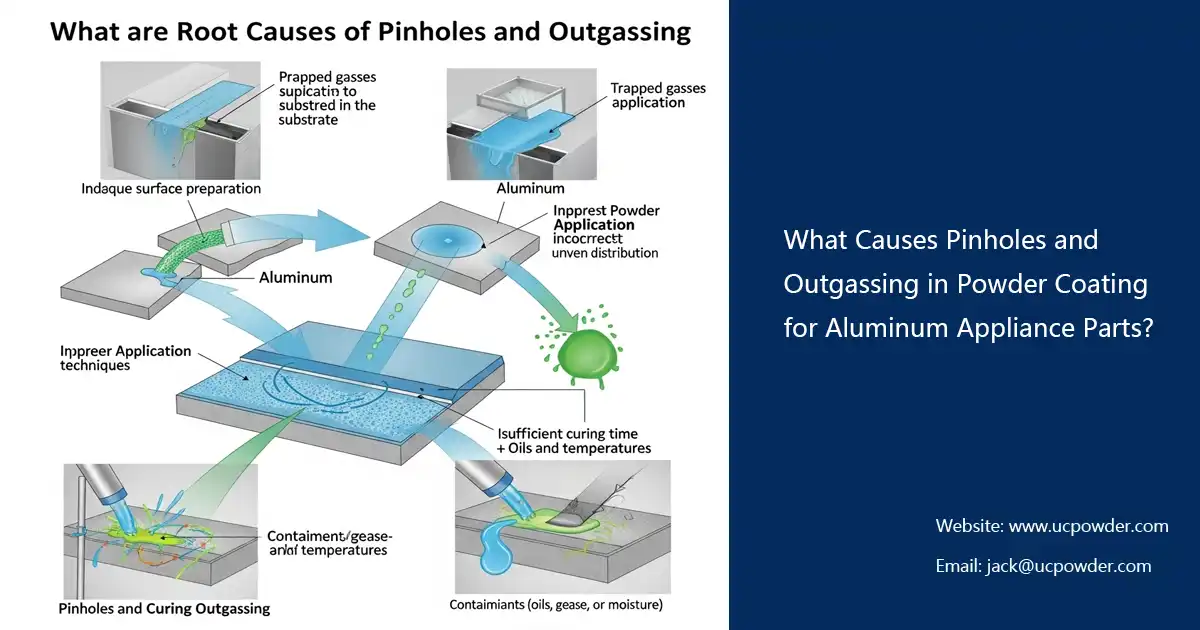Acrylic Resin Powder Coating
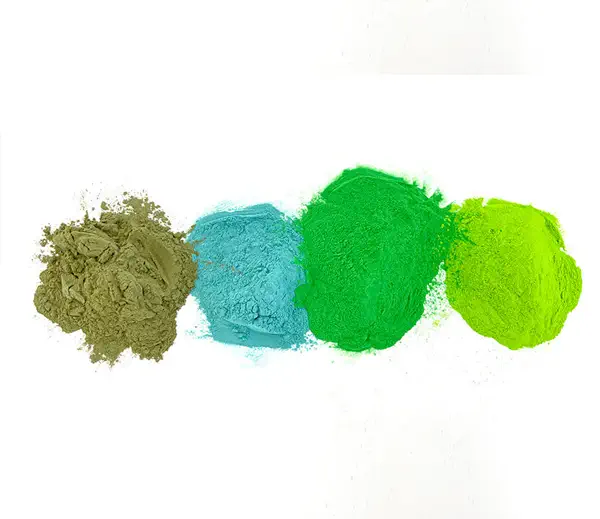
Acrylic Resin Powder Coating
- Sample: Free Sample Supported
- Color : Customized Supported
- Gloss : 2-95% (Smooth Surface At 60°),Customized Supported
- Surface : Smooth Or Texture ; Customized Supported
- Package : 20KG Or 25KG/Carton Or Customized Supported
- Delivery : In 2-5 Days
Product Performance
- Super Durable Weatherability
- Excellent Anti Yellowing Performance
- Excellent Luster And Color Integrity
- Excellent Mechanical And Chemical Performance
- Great Leveling And Gloss
- Great Anti Heat Property,Suitable For Long-Term Outdoor Exposure Product , Good Outdoor Durability
Mostly Used In Weather-Resistant Function Field. The Biggest Advantage Of Thermosetting Acrylic Resin Powder Coating Is Excellent Weather Resistance, Color Retention, Pollution Resistance, Strong Metal Adhesion, And Excellent Film Appearance. It Is Suitable For Decorative Powder Coatings.
| Density | 1.2-1.8 G/cm³ |
| Film | Film Thickness :40u~150um , Best Recommendation Is 40um~80um |
| Utilization Rate | Average Coverage : 10~12 Square Meter/KG ,With 60um (100% Use Rate) |
| Curing Condition | 160°C/10min;180°C/10min ;180°C/15min;190°C/15min ;200°C/10min; Or Customized According To Requirements |
| Method | Corona Electrostatic Spraying ,Electrostatic-Fluidized Bed, Fluidized Beds,Tribo Charging Guns |
| Applicaiton | Aluminum Profile And Aluminum Sheet;Steel Or Galvanized Steel Sheet;Corridor, Door, Window Structure;Also Used To Protect And Decorate Indoor Equipment ;Construction And Agriculture Machiery Etc. |
| Transportation | Two Layers Of Polyvinyl Chloride Plastic Bags In Carton Package, 20 /25kg Per Carton. Non-Dangerous Goods Can Be Transported In Various Ways, But Avoild From Direct Sunlight, Moisture And Heat, And Contact With Chemical Substances. |
| Safety | Non Toxic Substances, And There Is No Toxic Gas Generated During Baking, But Avoid Inhaling Dust During Use, Operators Should Wear Dust Masks, And Minimize The Long-Term Contact Between Skin And Powder Coatings, Which Adhere To The Skin The Paint On The Surface Can Be Cleaned With Soap. |
What are the advantages of using acrylic resin powder coating?
| Environmental Friendliness: Acrylic powder coatings typically have low or no volatile organic compounds, making them environmentally friendly and compliant with stricter environmental regulations. Powder coating generates less hazardous waste compared to liquid coatings, as there is no solvent to dispose of. | Durability: Acrylic powder coatings adhere well to a variety of substrates, including metal, plastic, and wood. Acrylic powder coatings offer excellent resistance to chipping, cracking, and peeling, making them suitable for applications requiring durability. |
| UV Resistance: Acrylic powder coatings often provide good UV resistance, which helps maintain color and appearance over time. This makes them suitable for outdoor applications. | Color and Finish Options: Acrylic powder coatings are available in a wide range of colors, allowing for customization and versatility in design. These coatings can produce various finishes, including matte, satin, and high-gloss, to meet specific aesthetic requirements. |
| Cost Efficiency: Powder coatings typically have high transfer efficiency rates, reducing material waste and saving on coating costs. The application process is more efficient, requiring fewer labor hours compared to liquid coatings, as there is no need for drying or curing time. | Uniform Coating Thickness: Powder coatings provide uniform thickness, reducing the risk of uneven coverage or runs common in liquid coatings. |
| Ease of Maintenance: Acrylic powder coatings are relatively easy to clean and maintain, making them suitable for surfaces that require regular upkeep. | Fast Cure Times: The curing process for powder coatings is faster and more energy-efficient than the drying process for liquid coatings, which can lead to increased production efficiency. |
| Chemical Resistance: Acrylic powder coatings often exhibit resistance to chemicals, making them suitable for applications in harsh environments or where exposure to corrosive substances is a concern. | Versatility: Acrylic powder coatings can be used on a wide range of substrates, making them suitable for various industries, including automotive, architectural, industrial, and consumer goods. |
How do I apply acrylic resin powder coating to different surfaces?
Surface Preparation
- The success of powder coating largely depends on proper surface preparation. Clean and prepare the substrate according to the specific requirements for the material you’re coating. This may involve processes like sandblasting, chemical cleaning, or mechanical abrasion to remove dirt, rust, oil, and old coatings.
- Ensure the surface is dry and free of contaminants before proceeding.
For Electrostatic Spray Gun Application
- Acrylic resin powder coating is typically applied using an electrostatic spray gun or fluidized bed coating system. The choice of application method depends on the size, shape, and complexity of the object being coated.
- Load the acrylic resin powder into the spray gun’s hopper.
- Adjust the gun settings for voltage, air pressure, and powder flow rate to achieve the desired thickness and coverage.
- Apply an even coat of powder to the substrate using sweeping, overlapping motions to ensure full coverage.
Curing
- The coated object must be cured to bond the powder coating to the substrate and achieve the desired properties. Curing is typically done in an oven or curing chamber.
- The curing temperature and duration depend on the specific acrylic resin powder formulation but are typically in the range of 300-400°F (149-204°C) for 10-30 minutes.
- During curing, the powder melts, flows, and chemically crosslinks to form a durable, solid coating.
Quality Control
- After curing, inspect the coated object for any defects, such as uneven coverage, runs, or imperfections
- Ensure the coating meets the required thickness and quality standards.
- Make any necessary touch-ups or corrections if defects are found.
Can acrylic resin powder coating be used for outdoor applications?
Yes, acrylic resin powder coatings are suitable for outdoor applications and are often chosen for their excellent performance in outdoor environments. Acrylic resin-based powder coatings offer several characteristics that make them well-suited for use outdoors:
- Weather Resistance: Acrylic resin powder coatings exhibit excellent weather resistance. They can withstand exposure to sunlight (UV rays) without significant degradation, making them resistant to color fading, chalking, or embrittlement.
- UV Stability: Acrylic-based coatings have good UV stability, which means they can maintain their color and appearance over extended periods of outdoor exposure. This property is especially important for surfaces that will be exposed to direct sunlight.
- Durability: Acrylic resin powder coatings are known for their durability and resistance to chipping, cracking, and peeling. They can withstand the stresses of outdoor conditions, including temperature fluctuations and environmental contaminants.
- Color Retention: These coatings are capable of retaining their color vibrancy over time, even in challenging outdoor environments.
- Chemical Resistance: Acrylic resin powder coatings offer reasonable resistance to various chemicals and pollutants commonly encountered outdoors.
- Low VOCs: Acrylic resin powder coatings typically have low or no volatile organic compounds (VOCs), which is beneficial for the environment and can comply with environmental regulations.
Due to these properties, acrylic resin powder coatings are often used in a variety of outdoor applications, including:
- Architectural and Building Components: They are used on exterior facades, window frames, doors, railings, and other architectural elements.
- Automotive: Acrylic powder coatings can be applied to vehicle parts and accessories that will be exposed to outdoor conditions, such as wheels and trim.
- Outdoor Furniture: Patio furniture, park benches, and outdoor equipment can benefit from the durability and weather resistance of acrylic resin powder coatings.
- Agricultural and Industrial Equipment: Equipment used in agriculture and industry that operates outdoors often employs these coatings for protection against environmental factors.
Which industries are suitable for acrylic resin powder coatings
Architectural and Construction
|
Automotive
|
Furniture and Decor
|
Industrial Equipment
|
Appliances
|
Recreational and Sports Equipment
|
Electronics and Enclosures
|
Marine and Boating
|
Signage and Displays
|
Metal Fabrication
|
What to pay attention to when using acrylic resin powder coatings?
When using acrylic resin powder coatings, it’s essential to pay attention to several factors to ensure a successful and high-quality coating application. Here are some key considerations to keep in mind:
Surface Preparation
|
Powder Storage
|
Powder Application Equipment
|
Uniform Application
|
Curing Temperature and Time
|
Safety Precautions
|
Health and Environmental Considerations
|
Quality Control
|
Have Anything To Ask Us?
Please fill in your email in the form and we’ll get back to assist you soon!
Tagged EN
